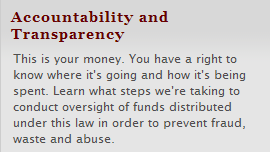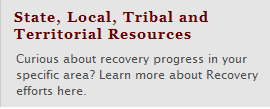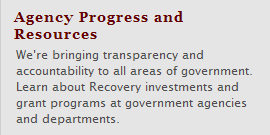WASHINGTON - The Department of Justice's Office on Violence Against Women (OVW) announced that it is now accepting applications for $23.6 million in OVW Recovery Act funds to assist American Indian governments and tribal women's coalitions combat violence against women in tribal communities. The Indian Tribal Governments Program will award $20.8 million to grantees and the Tribal Domestic Violence and Sexual Assault Coalitions Program will award $2.8 million to grantees.
"These Recovery Act funds will assist tribal communities in responding to violent crimes against Indian women," said Associate Attorney General Thomas J. Perrelli. "Providing new resources to address the needs of tribal communities is essential to improving our victim services."
"The Office on Violence Against Women is committed to improving the innovative responses to violence against Indian women," said OVW's Acting Director Catherine Pierce. "These Recovery Act funds will create and stimulate additional staffing and resources to meet this goal."
The Tribal Governments Program is designed to decrease the number of violent crimes committed against American Indian and Alaska Native women, to help federally recognized tribes use their independent authority to respond to crimes committed against Indian women and to ensure that those who commit violent crimes against Indian women are held accountable. The Recovery Act funds will be used for victims' vocational and other educational programs and associated costs, housing costs, childcare services, transportation, renovation of emergency shelters and hiring personnel to provide and support the direct services to victims. New applicants in the Tribal Governments Program can apply for up to $450,000 in grants and current OVW grantees may request up to $1 million. Applications are due by April 9, 2009.
The Tribal Coalitions Program is designed to increase the awareness of and enhance the responses to domestic violence and sexual assault against American Indian and Alaska Native women, at the tribal, federal and state levels. The Recovery Act funds will be used to hire new staff, service providers and professionals to provide technical assistance, coordinate access to services and develop more comprehensive methods of assisting victims and their families. Grants through the Tribal Coalitions Program will be awarded for up to $154,000. Applications are due by April 8, 2009.
The eligibility requirements, award periods, program scope, performance measures, selection criteria and review process are all contained in the solicitations posted at http://www.ovw.usdoj.gov/recovery.htm.
The Office on Violence Against Women provides leadership in developing the nation's capacity to reduce violence against women through the implementation of the Violence Against Women Act and subsequent legislation. Created in 1995, OVW administers financial and technical assistance to communities across the country that are developing programs, policies and practices aimed at ending domestic violence, dating violence, sexual assault and stalking. In addition to overseeing 18 federal grant programs, OVW often undertakes initiatives in response to areas of special need, dedicating resources to develop enhancements in areas requiring particular attention or in communities facing particularly acute challenges.







